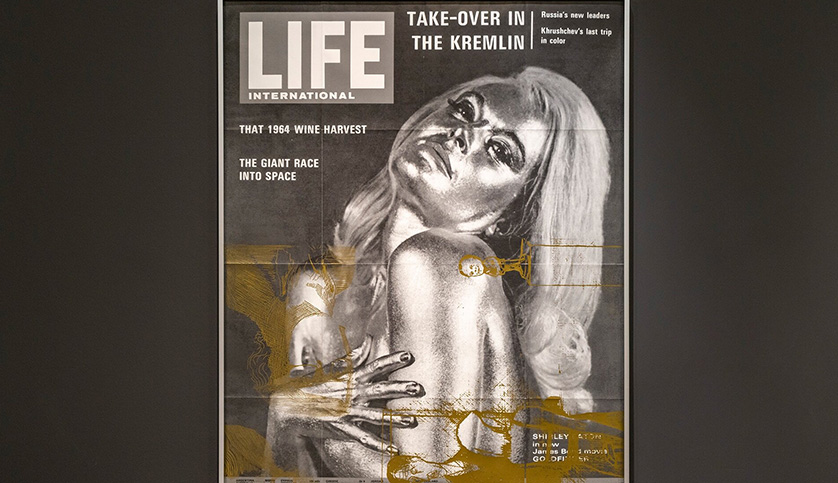Pera Adult
18+
Western ambassadors who visited the Ottoman Empire would commission the artists in their retinue or the artists they met during their visits. These paintings would focus on the events, traditions, places and people of the period. They would take these paintings with them as they returned to their home countries with their reports. These paintings were considered to be true-to-life visual documents. However, they were also used as a means of decoration, hung on the walls of palaces in Europe. The Intersecting Worlds: Ambassadors and Painters exhibition consists of these works.
In this workshop, we take a deep philosophical dive into some of the paintings in the Intersecting Worlds: Ambassadors and Painters exhibition to discuss whether or not a painting is faithful to its subject. Could a painting that is the collective work of the subject, artist, and the person who commissioned it serve as a faithful record of what it depicts? When the audience’s gaze and perspective on the work come into play, is there anything left that is 'real'? Is a historical record the record of what happened or of what was told?
At the end of the event, participants will receive a certificate by e-mail.
The event will be held using the Zoom Meeting application. The links to the workshops will only be shared with ticketed participants. Your camera and microphone must be turned on in order for the instructor to see the participants and give personalized instructions. Every participant who buys a ticket is considered to have accepted these conditions.
Related Exhibition: Intersecting Worlds: Ambassadors and Painters
Workshop led by: Özge Özdemir
Capacity: 20 participants
Fee per workshop: 45 TL
For detailed information: ogrenme@peramuzesi.org.tr
About Özge Özdemir
After graduating from Boğaziçi University Department of Philosophy, Dr. Özge Özdemir completed her Master's and PhD in the Philosophy Department of Istanbul University. She has lectured at various state and foundation universities. In 2015, she completed the Philosophy Education for Children program in the Institute for the Advancement of Philosophy for Children (IAPC) center at Montclair State University. She is the founder of the Little Thinkers Society. She is the head of the Philosophy for Children Trainer Training Specialization Certification program at the Boğaziçi University Lifelong Learning Center and also teaches Philosophy of Education as a part-time lecturer at Boğaziçi University Faculty of Education. She is the author of the Philosophy for Children book series published by Redhouse Kidz. She has extensive knowledge and experience in teaching, instructor training and preparing educational content. She is the mother of Ferhan, who was born in 2009.

Inspired by the exhibition And Now the Good News, which focusing on the relationship between mass media and art, we prepared horoscope readings based on the chapters of the exhibition. Using the popular astrological language inspired by the effects of the movements of celestial bodies on people, these readings with references to the works in the exhibition make fictional future predictions inspired by the horoscope columns that we read in the newspapers with the desire to receive good news about our day.
Tuesday - Saturday 10:00 - 19:00
Friday 10:00 - 22:00
Sunday 12:00 - 18:00
The museum is closed on Mondays.
On Wednesdays, the students can
visit the museum free of admission.
Full ticket: 300 TL
Discounted: 150 TL
Groups: 200 TL (minimum 10 people)